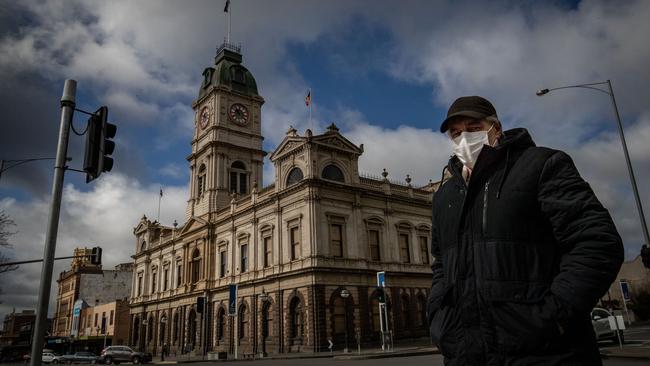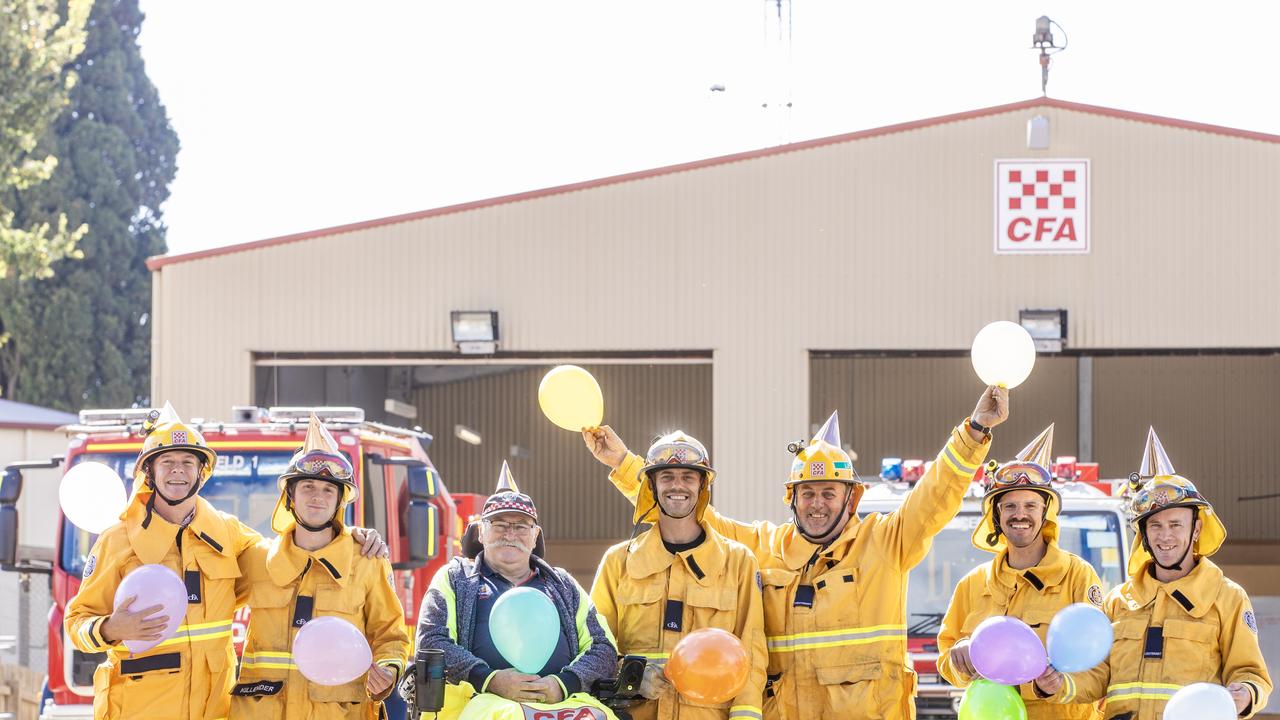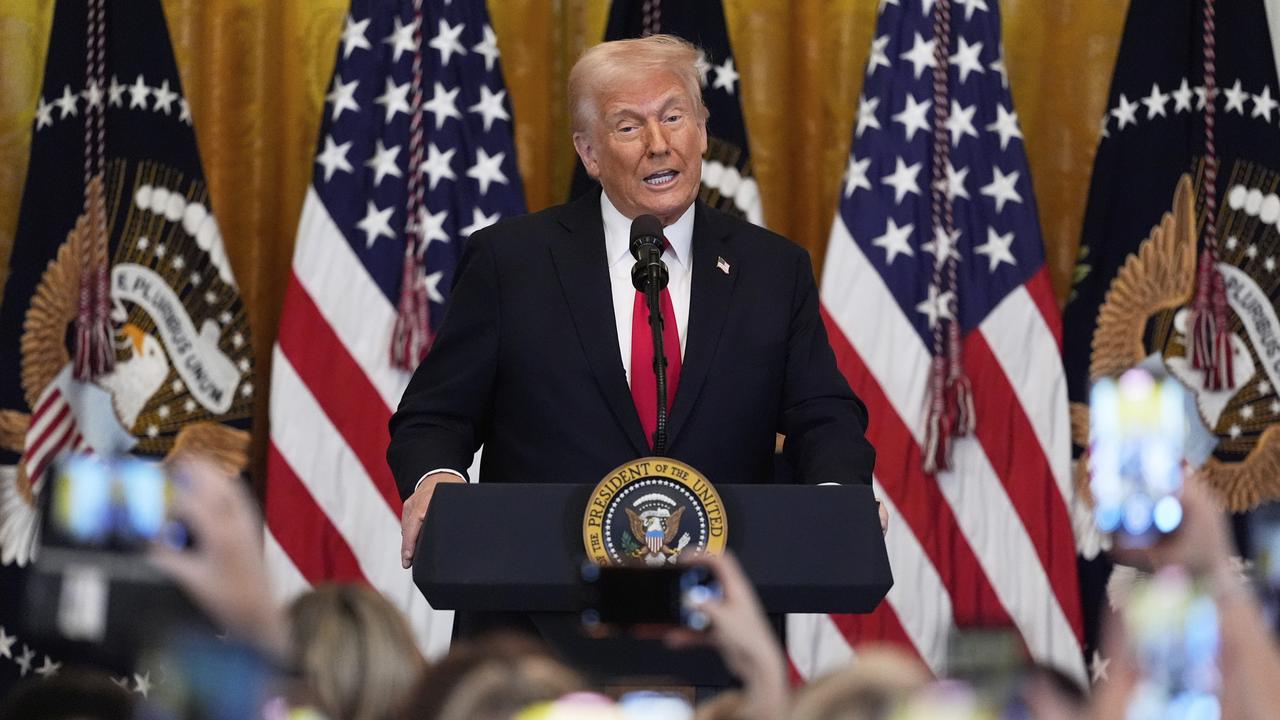Rural Health: Country kids central to regional Australia’s health
A Gippsland doctor has seen first-hand the benefits which come with retaining rurally-trained doctors in regional Australia.

Medical students from country areas are more likely to stay on in regional communities once qualified as doctors, new research shows.
But doctors working on the ground say that, in addition to more investment in remote and regional health services, more work is needed to be done to encourage regional students to study and work in rural practices to better service already stretched resources.
The latest research, conducted in collaboration with a number of Australian universities, shows students of rural origin – or those who spent time in regional areas during clinical school placement – were more likely to remain in a rural practice compared to other students.
But School of Medicine Sydney research fellow and lead author Alexa Seal said identifying student’s intentions early in their studies was important when it came to retaining rural doctors.
“Factors such as inadequate levels of workforce in rural areas, limited training opportunities, fears of social and professional isolation, and restricted employment opportunities for partners can often influence junior doctors when they are making decisions about where to train and practise,” Dr Seal said.
Doctors say the benefits of keeping locally trained and raised GPs extends beyond simply treating patients, with one doctor heralding the benefits of passionate local doctors becoming advocates for health care and resources in their communities.
Tanjil South-raised Derk Pol, a cardiologist at Gippsland Cardiology Service at Morwell, said for a long time there had been anecdotal evidence of country medical students returning to the regions.
“It’s really hard if you have medical students that are from metropolitan Melbourne, Brighton or Toorak, inner suburbia and then ship them out to regional rural areas where their social networks aren’t there,” Dr Pol said. “I’ve seen first-hand experience that if you want to increase rural doctors, you need to train your own.”
Medical staff familiar with regional areas and the issues plaguing them are also more likely to then become advocates for their communities, Dr Pol said.
“For me, one of the biggest things I’ve been looking at in the next few years is to develop that acute cardiac service. And that’s something we haven’t had that much support from a government level,” Dr Pol said.
“We’ve just been having to do that from a hospital level. But we probably really need funding for a second (cardiac catheter) lab. If you compare our population to other regional centres, such as Bendigo, they’ve got about three (cardiac catheter) labs.”

Money is being pumped into regional and rural health across the country, with a recently announced $14.8 million funding allocation for Charles Sturt University to establish a Rural Clinical School.
But bold health-system changes to better support rural and remote communities will be a key election issue, according to the National Rural Health Alliance.
Charles Sturt Vice-Chancellor Professor Renèe Leon said the funding would ensure regional and rural students have the chance to train in their region of origin.
“The benefits of this ‘grow your own doctors’ philosophy is supported by research that shows that doctors who train in regional and rural Australia are more likely to practice there,” Dr Leon said.
Alliance chief executive Gabrielle O’Kane said only by changing the structure of rural health “will communities have access to high-quality, affordable healthcare services”.
The top priority for the Alliance heading into the election is funding and rollout of 30 Rural Area Community Controlled Health Organisations, to better improve access to affordable, quality health care.
“This reform urgently needs strong political backing to stop the spiral of workforce maldistribution and service denigration and gaps, which is the experience of many communities around the country,” Dr O’Kane said.
“All health disciplines and all jurisdictions need to be working together through a holistic strategy, recognising that people in rural communities have shorter lives and higher levels of disease and injury than those living in metropolitan areas.
“Rural communities also bear the brunt of increasingly catastrophic impacts from climate change, and generally face greater risk of their health being negatively impacted.”
Dr Pol said more funded spots for rural students would help to invest in regional health services for the future, beyond the election.
“I finished medical school in 2012, and I’ve been doing basic physician training, advanced physician training, and now doing an extra interventional fellowship … it takes a long time to see dividends from the investment,” Dr Pol said.
“But if you really want to see an improvement in regional outcomes, you need to train and educate more local, rural students to come back and practice medicine locally.”





